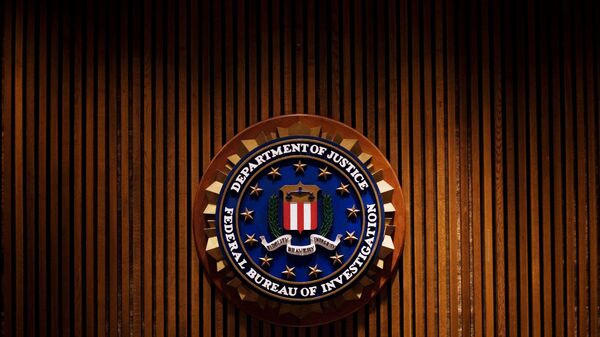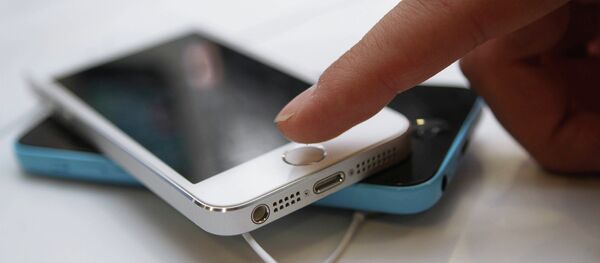In a 36-page document, the company challenged the court order compelling it to write software that would help the FBI access data on a handset belonging to Syed Farook, one of the San Bernardino shooters.
FBI takes encryption fight with Apple to Congress #AppleVsFBIhttps://t.co/mv2xkqOOVu pic.twitter.com/RXMvNC4TOD
— Anonymous (@GroupAnon) February 26, 2016
The iPhone manufacturer's legal team, led by George W Bush's former solicitor general Theodore Olson, said that the court was twisting the interpretation of 227-year-old law All Writs Act.
"No court has ever granted the government power to force companies like Apple to weaken its security systems to facilitate the government's access to private individuals' information. The All Writs Act does not support such sweeping use of judicial power, and the First and Fifth Amendments to the Constitution forbid it," the statement reads.
Speech Violations
The US Constitution's First Amendment protects freedom of speech. Apple's subtle legal argument is that what the FBI is asking them to do would damage the company's core beliefs in privacy and data protection.
"Apple wrote code for its operating system that reflects Apple's strong view about consumer security and privacy. By forcing Apple to write software that would undermine those values, the government seeks to compel Apple's speech and to force Apple to express the government's viewpoint on security and privacy instead of its own," the motion reads.
Apple also said the order would force it to code a currently nonexistent operative system - the "Government OS" or "GovtOS"- to hack Farook's device, and the whole operation would put an excessive burden on the company in terms of money and staff.
The situation would turn even more burdensome if — as it is likely — the case established a precedent that would justify many similar requests in the future, on handsets with different privacy technologies.
General surveillance
The document also underlined how the backdoor could be misused by authorities, since "no legal principle would limit the use of this technology to domestic terrorism case."
This would expose millions of law-abiding Apple customers worldwide to indiscriminate surveillance and data breaches.
Apple seems intentioned to fight this battle fiercely, and it has the money, the lawyers and the clout to do so. To bolster it further, it also enjoys the backing of all the best and brightest of US tech industry.
Google, Facebook and Twitter, which had expressed their approval of Apple's stance last week, are going to file a supporting brief on the case. Microsoft is expected to file a similar backing document, after an announcement by its legal chief officer Brad Smith.




